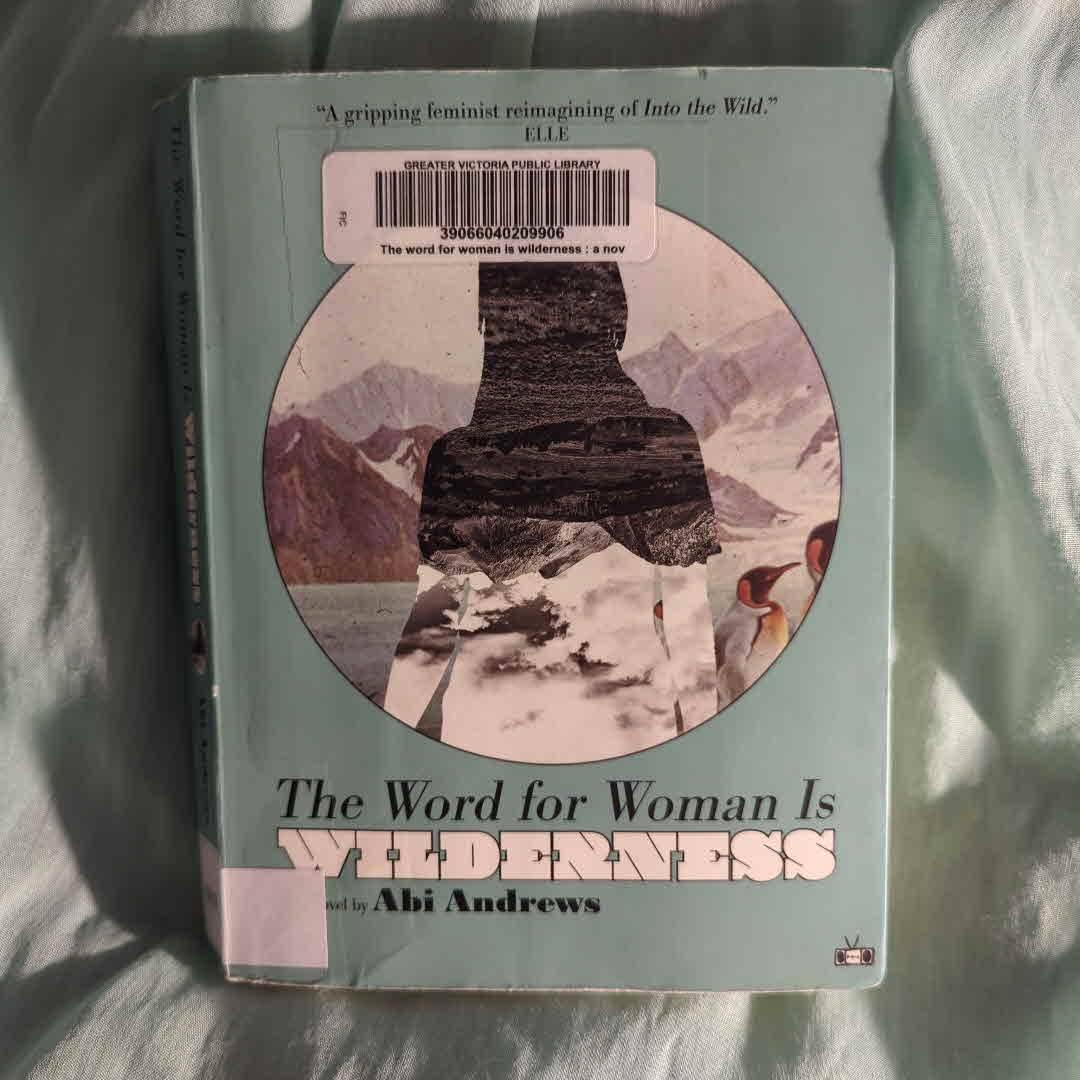
I think I understand what the author wanted to accomplish. Unfortunately, even as the reader does witness a progression in the protagonist's thinking (a good thing, because she started out a bit insufferable), the latter half of the book was weighted down by a higher percentage of rambling space-exploration-based science-nerdery (to each their own) and veering from feminist analysis to feminist mysticism (also not my bag), 1/?







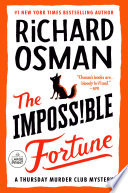
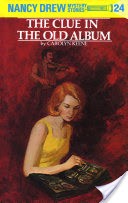
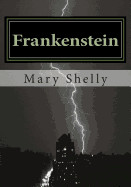

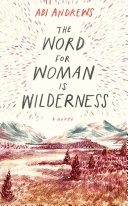







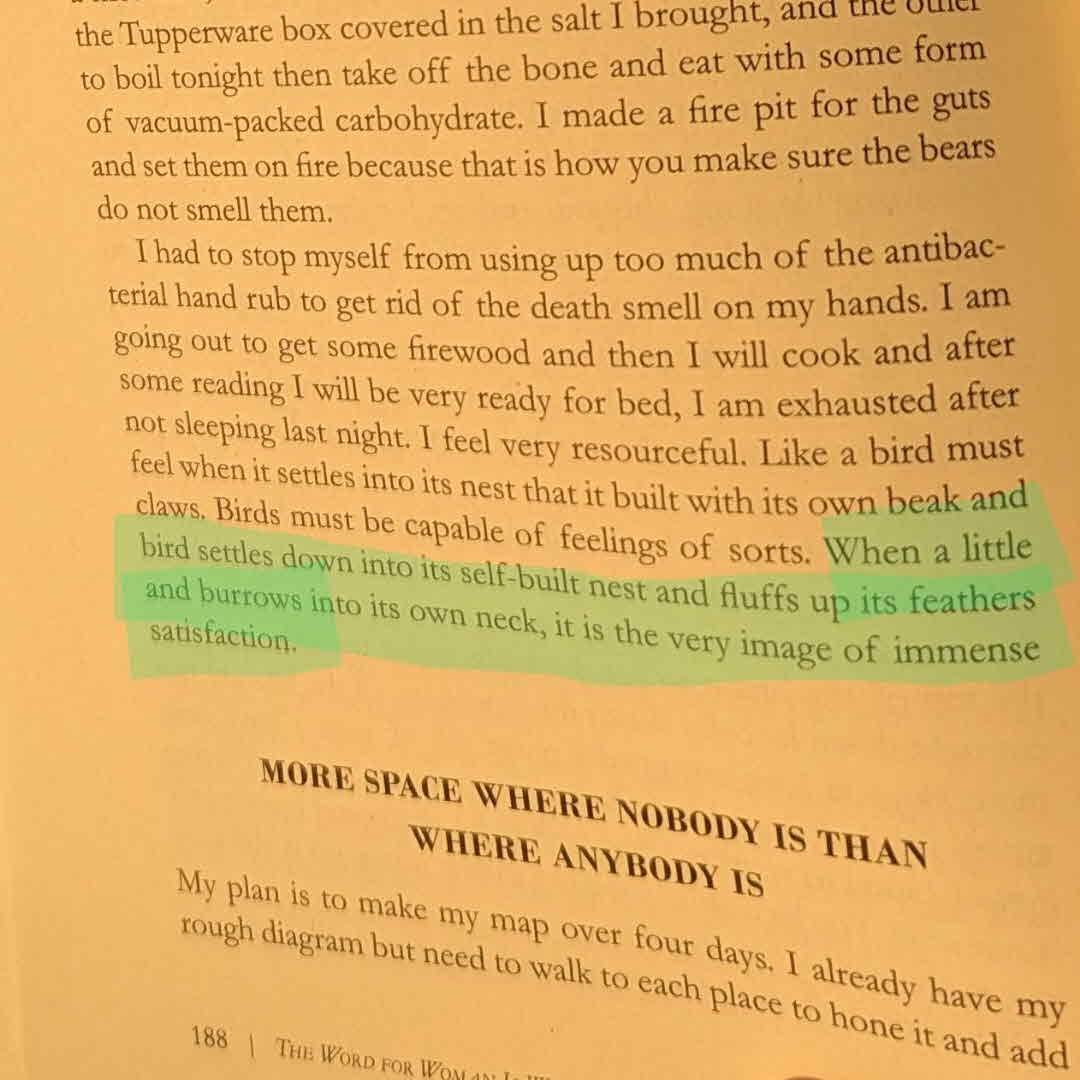
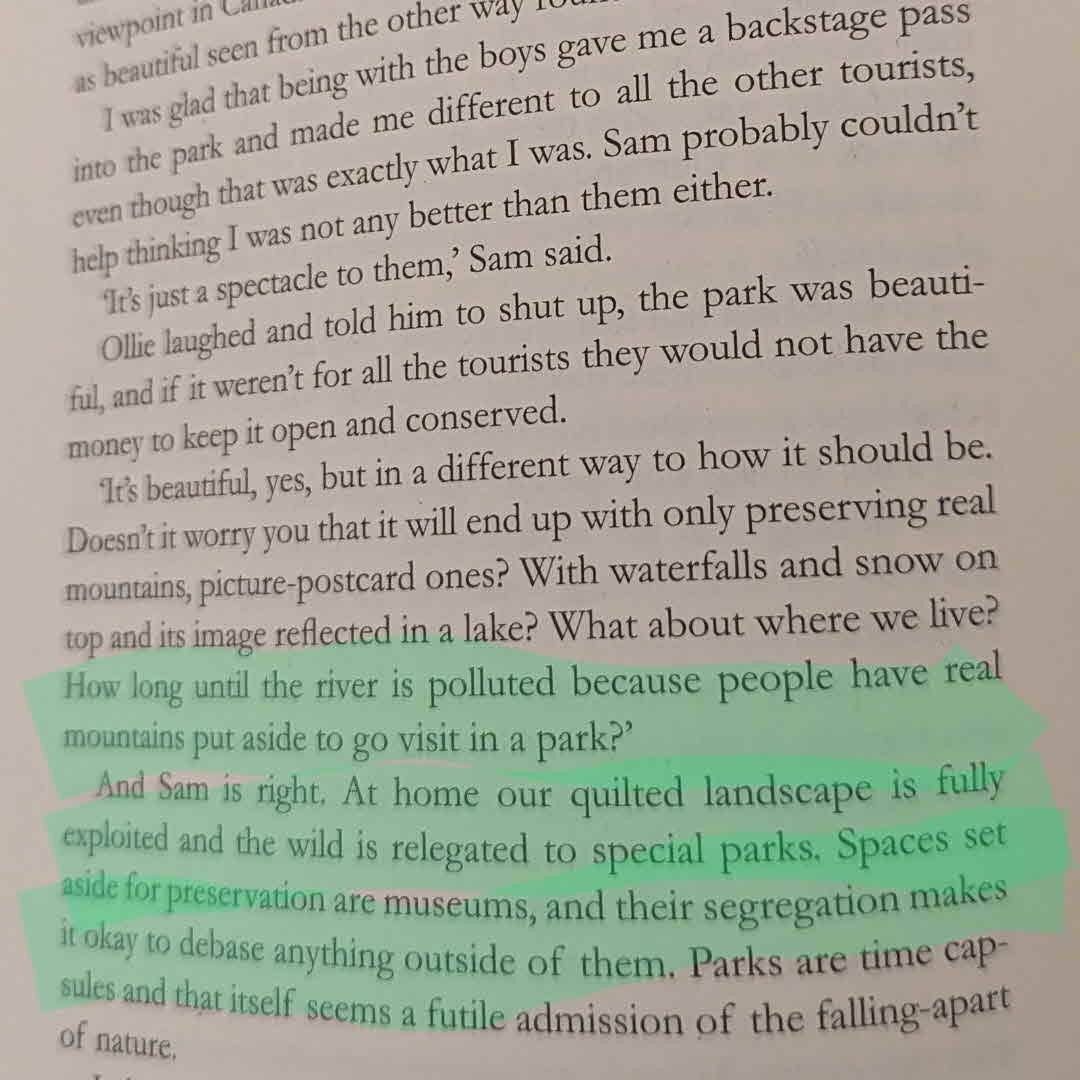

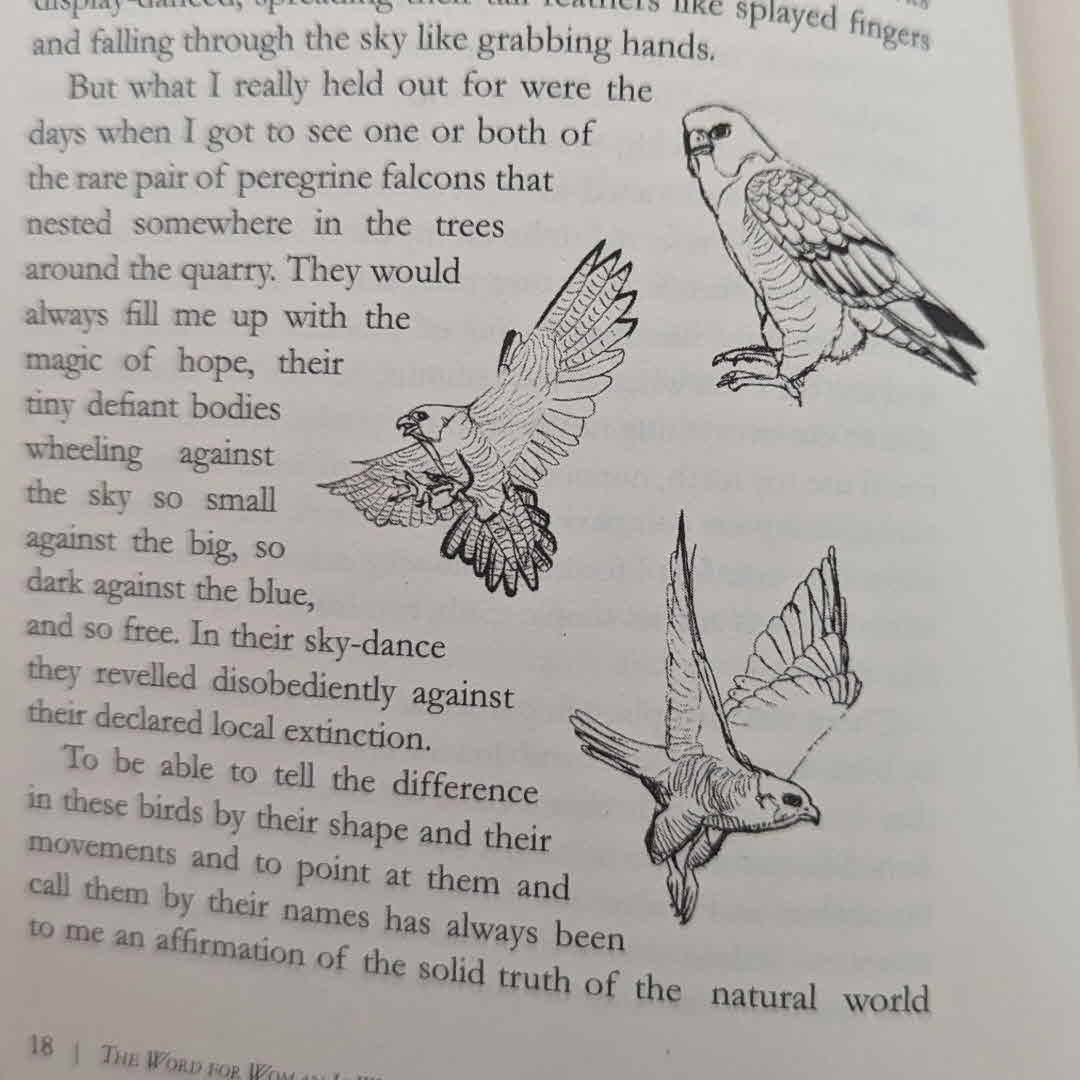

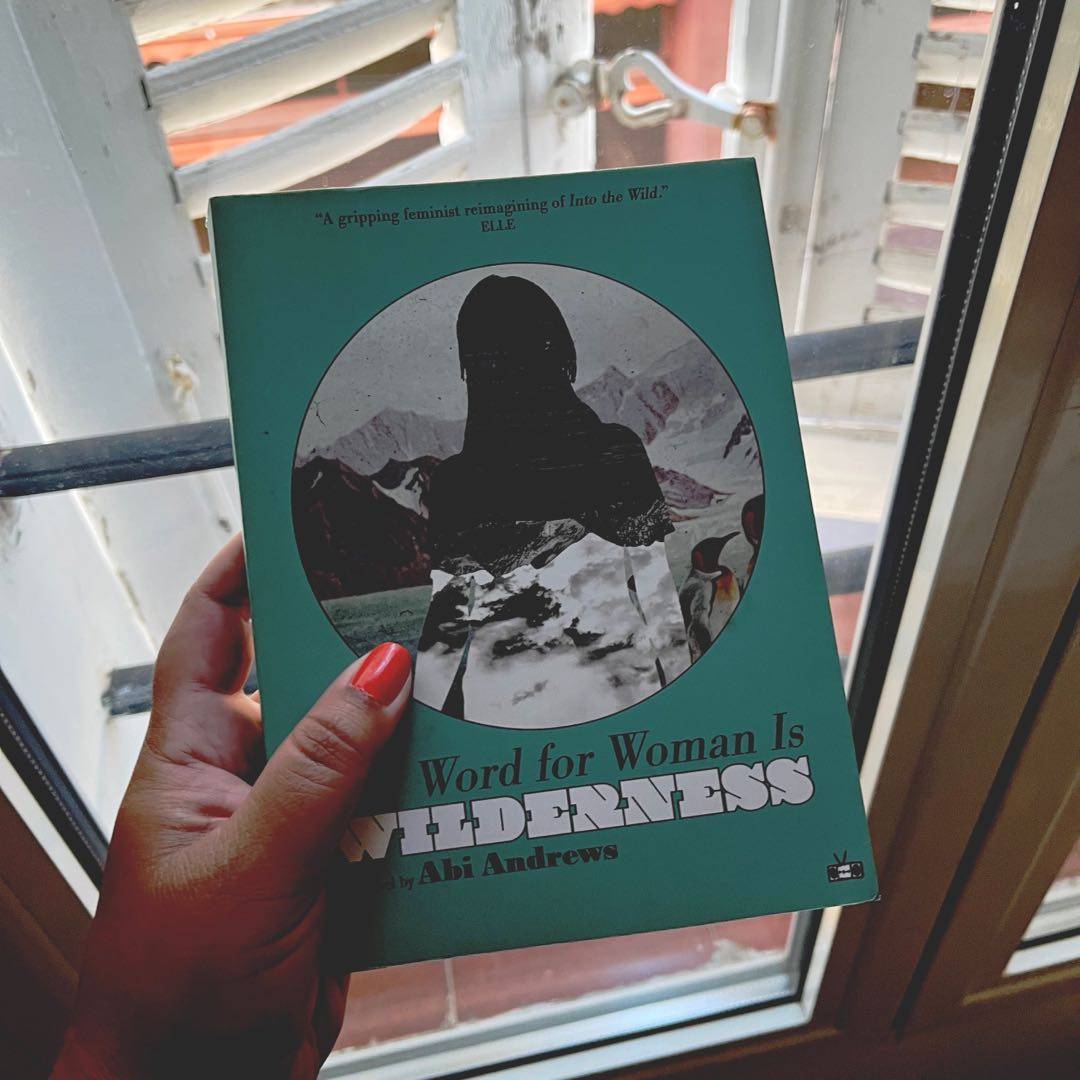

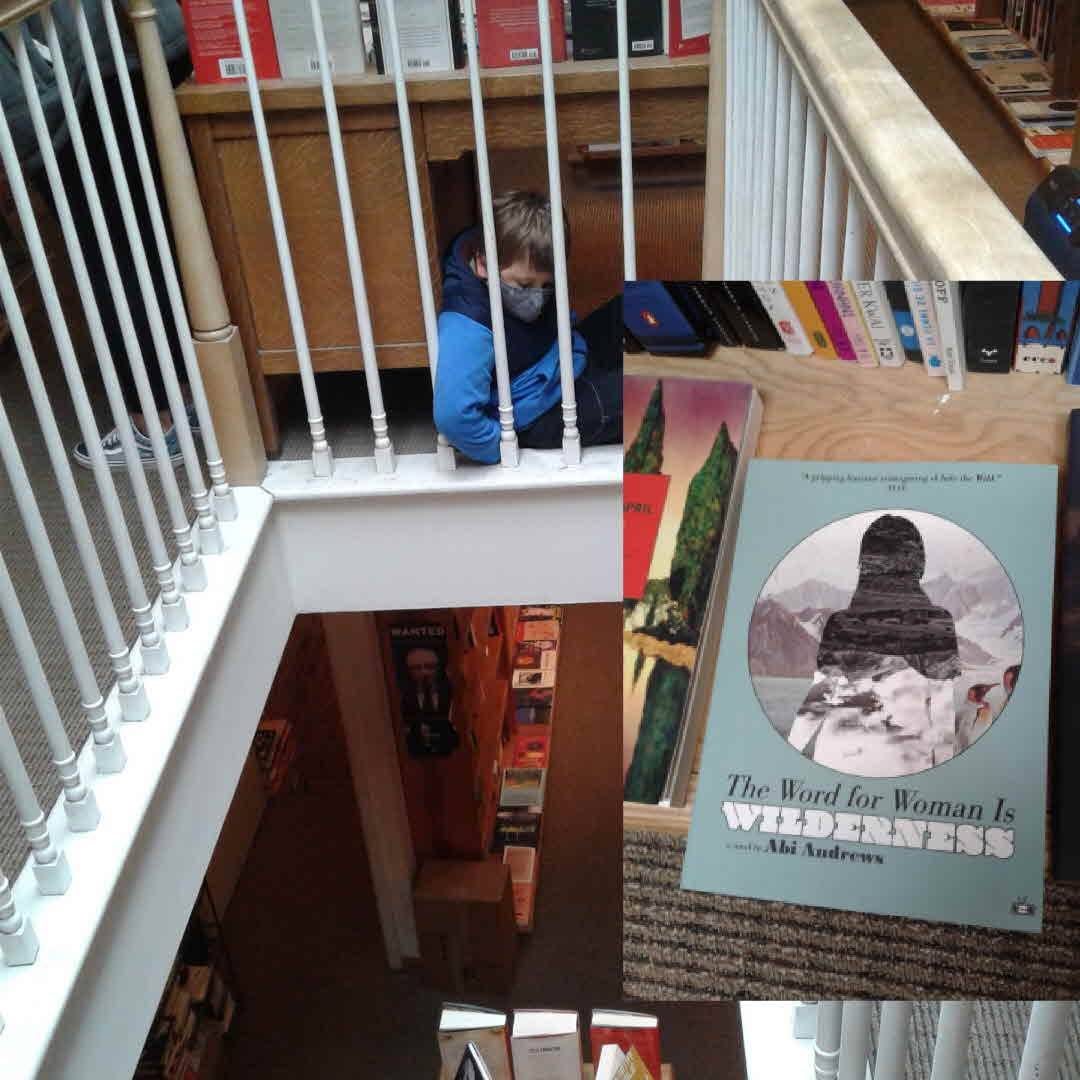

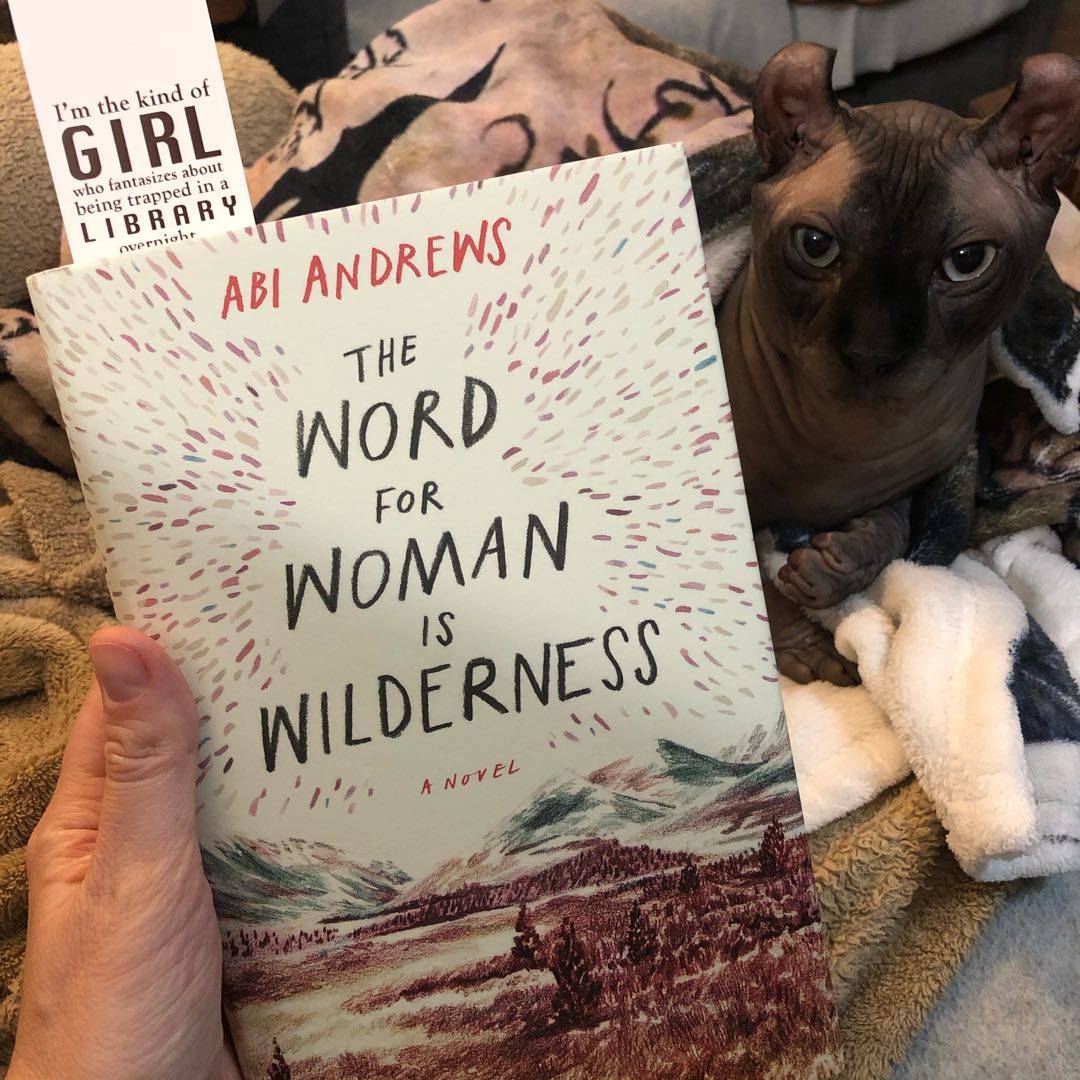

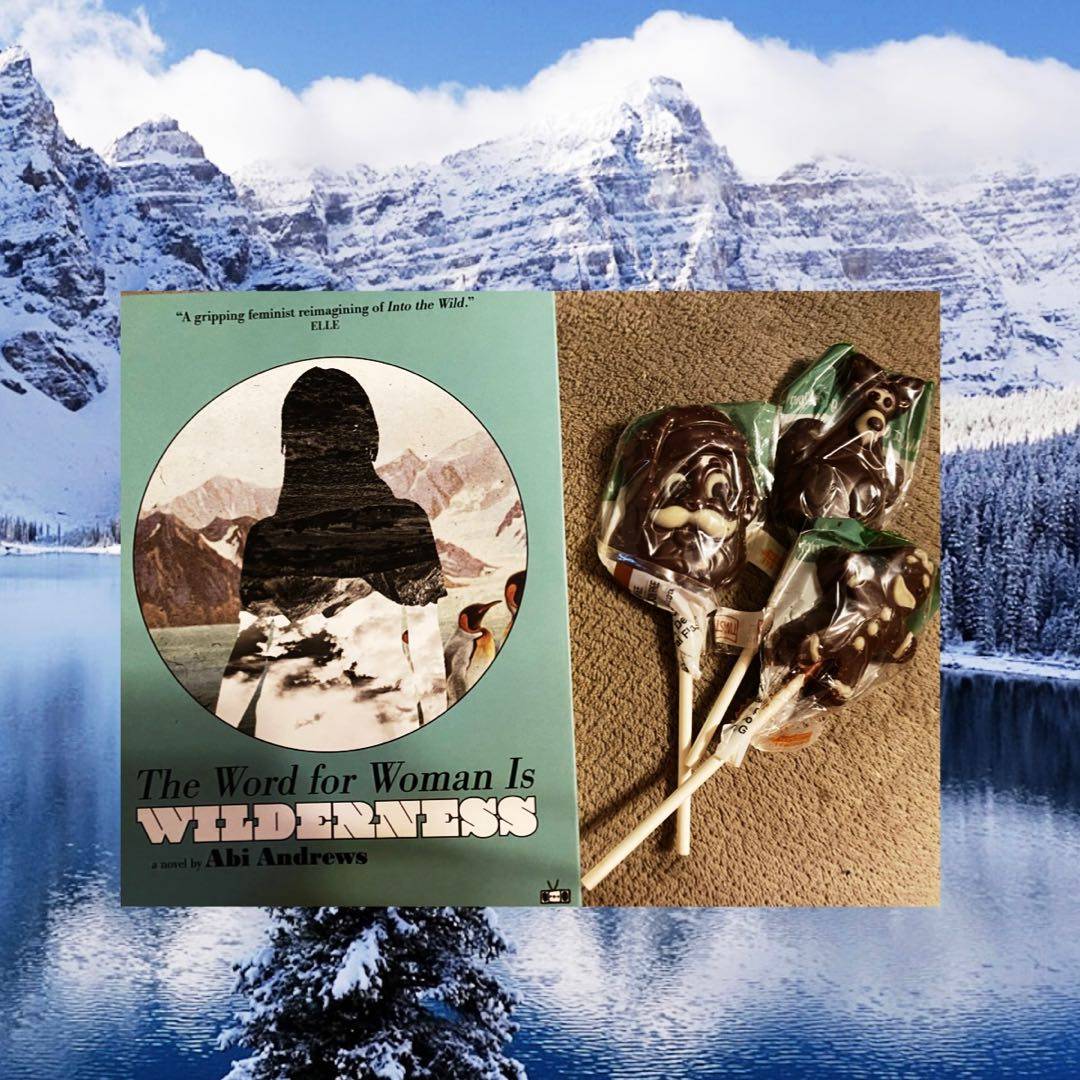
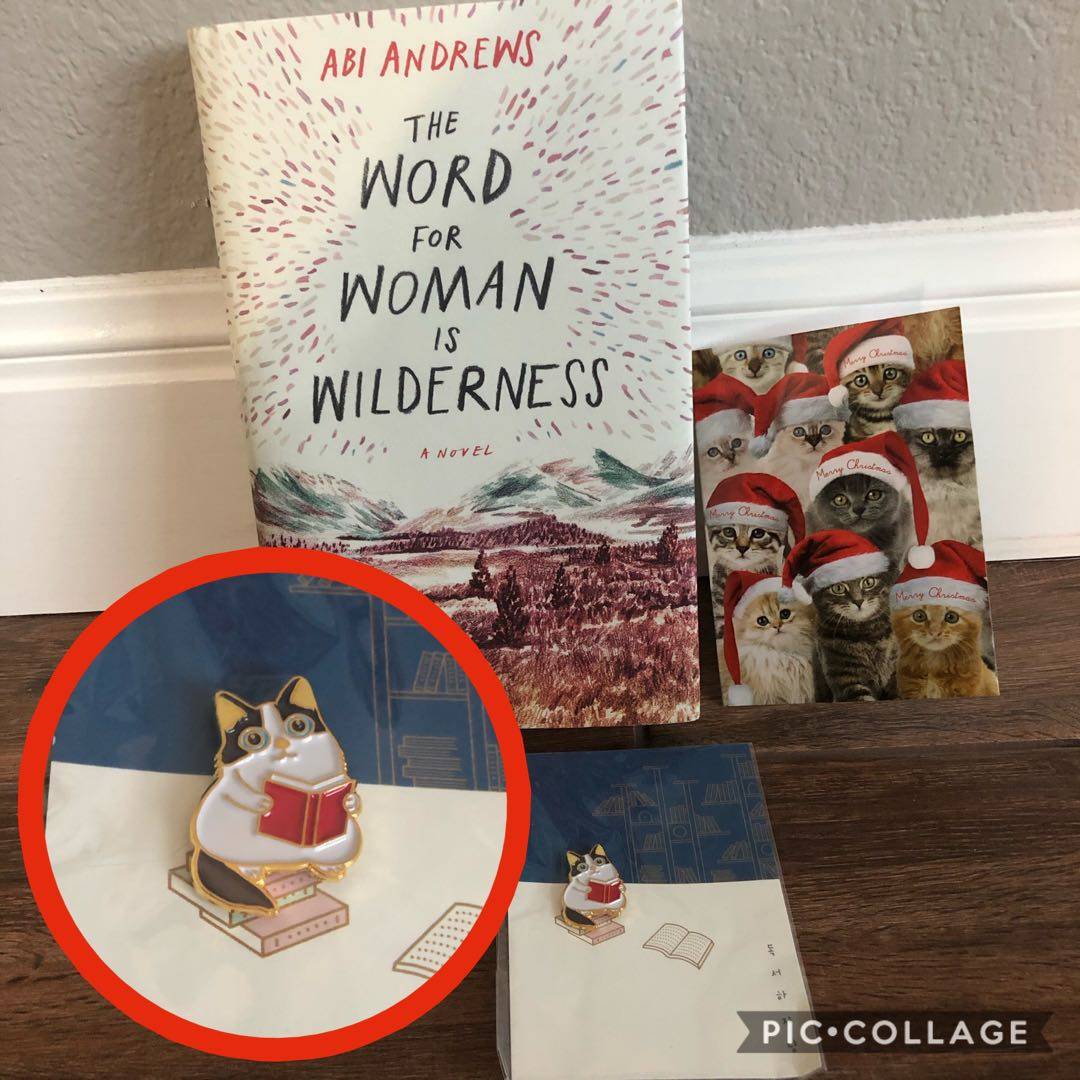


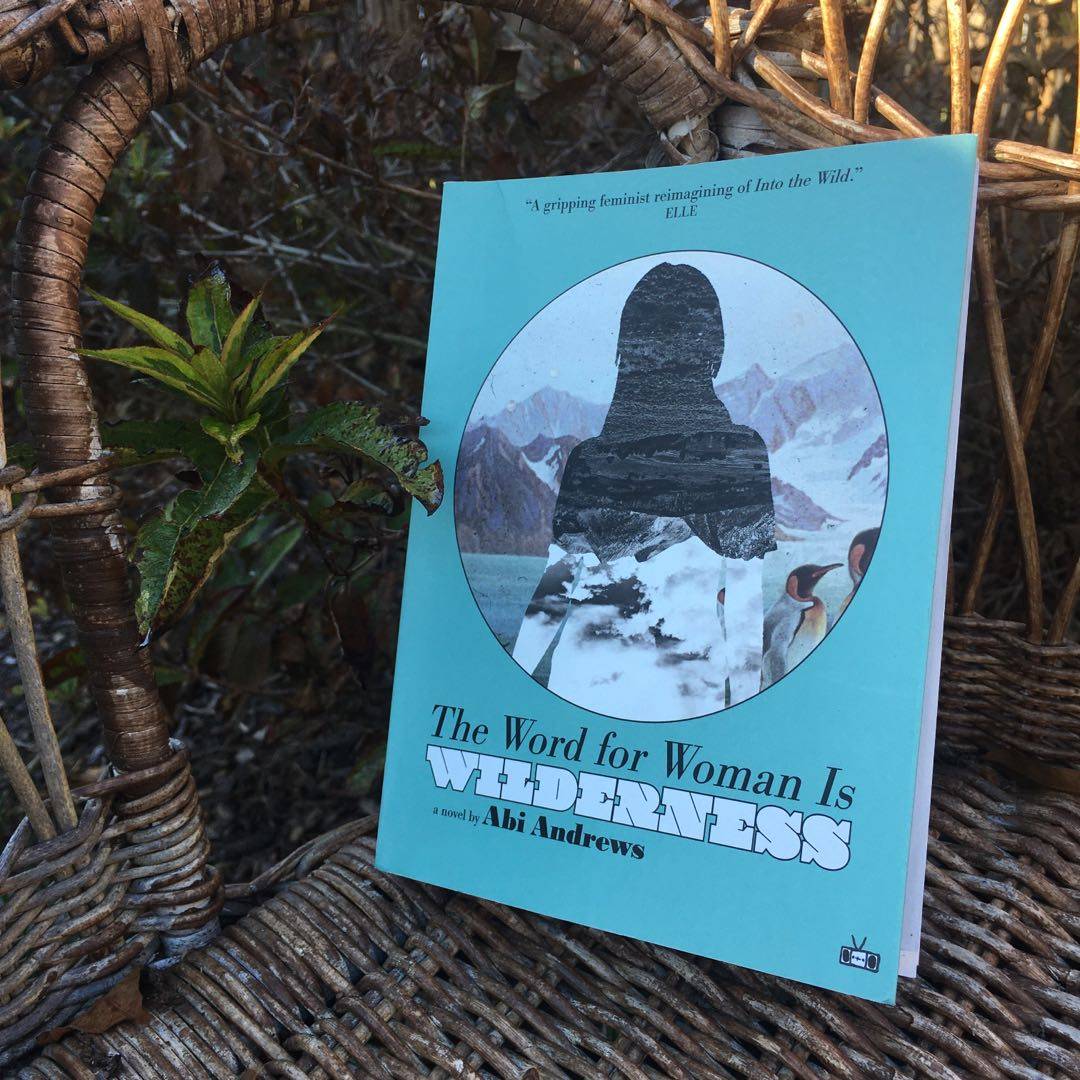
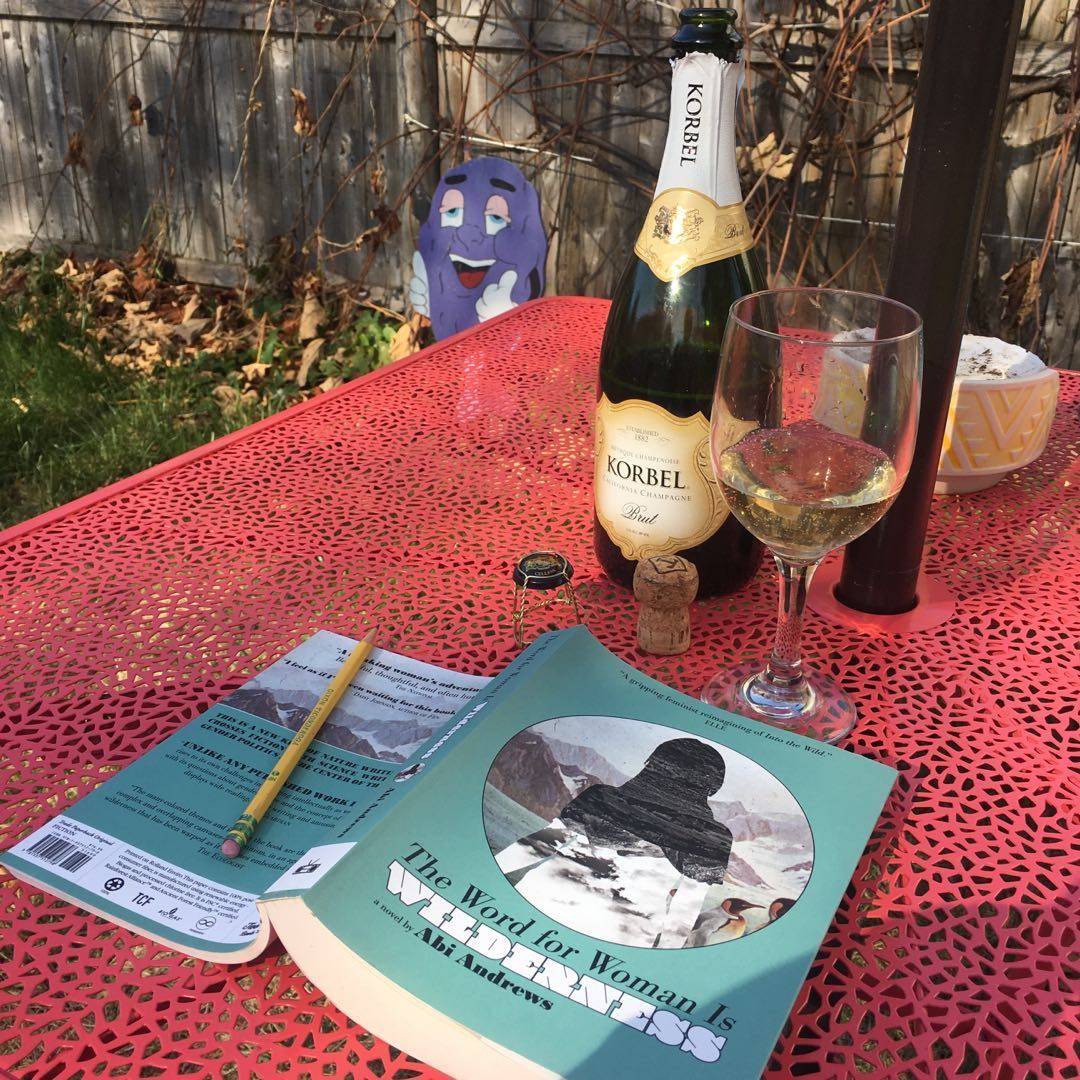

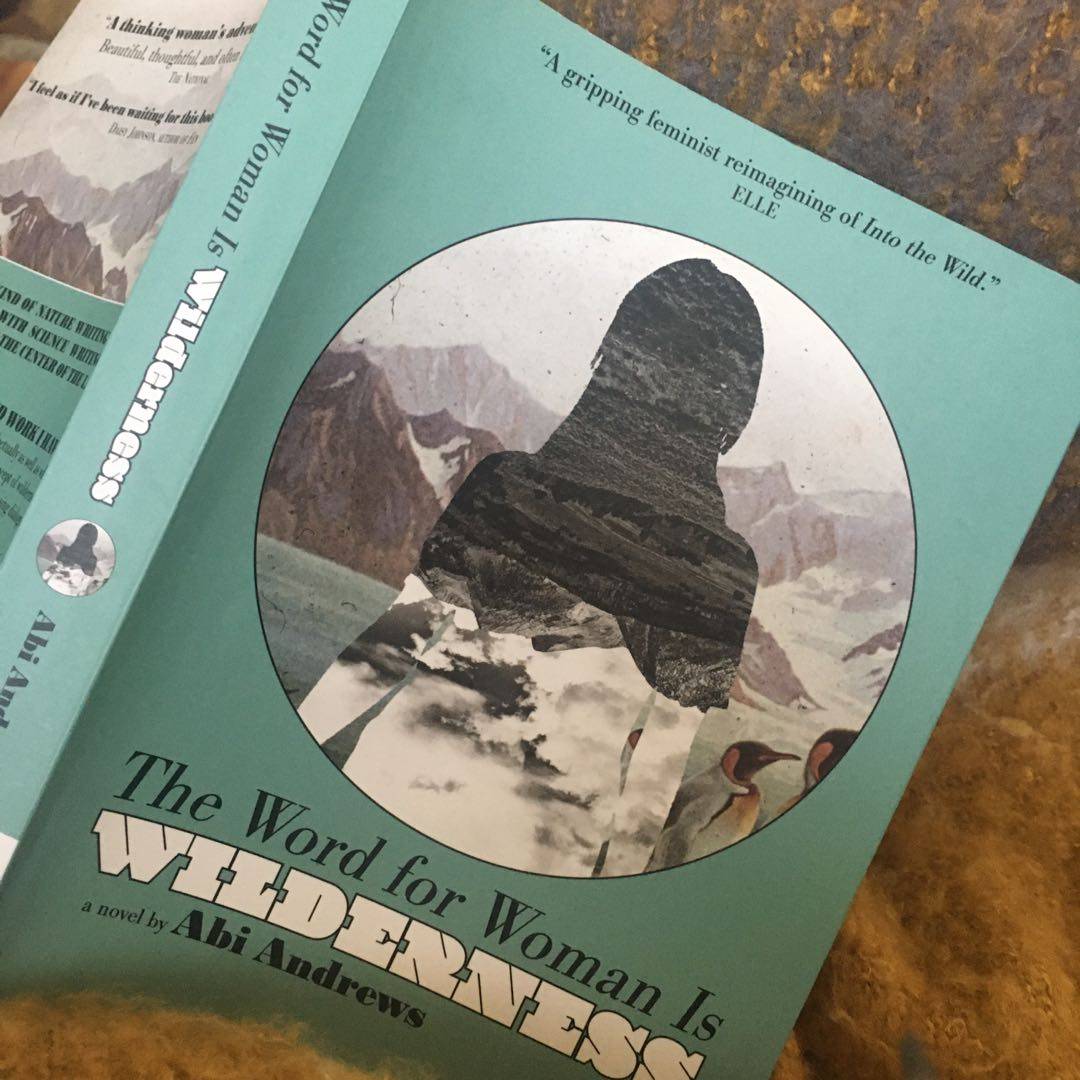


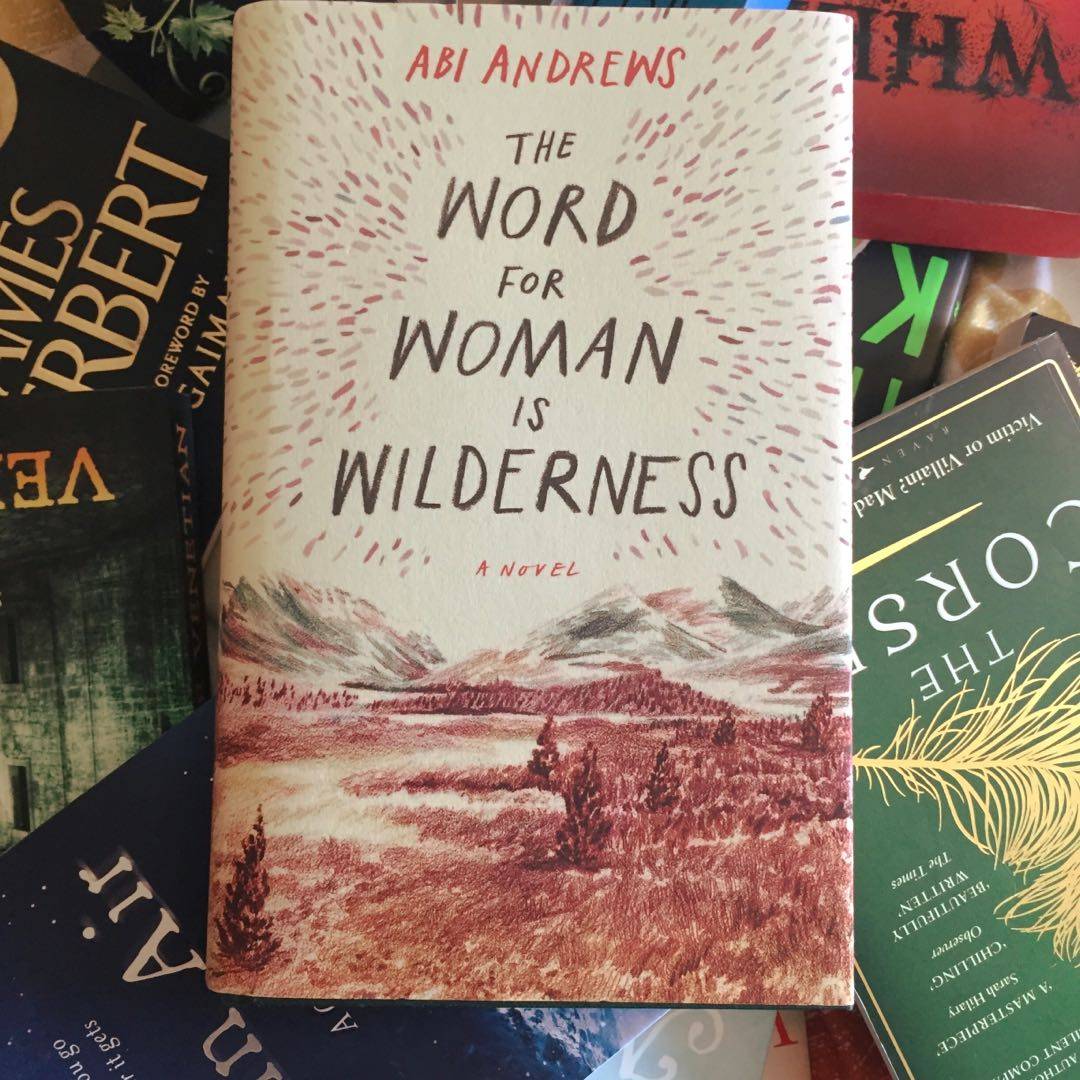


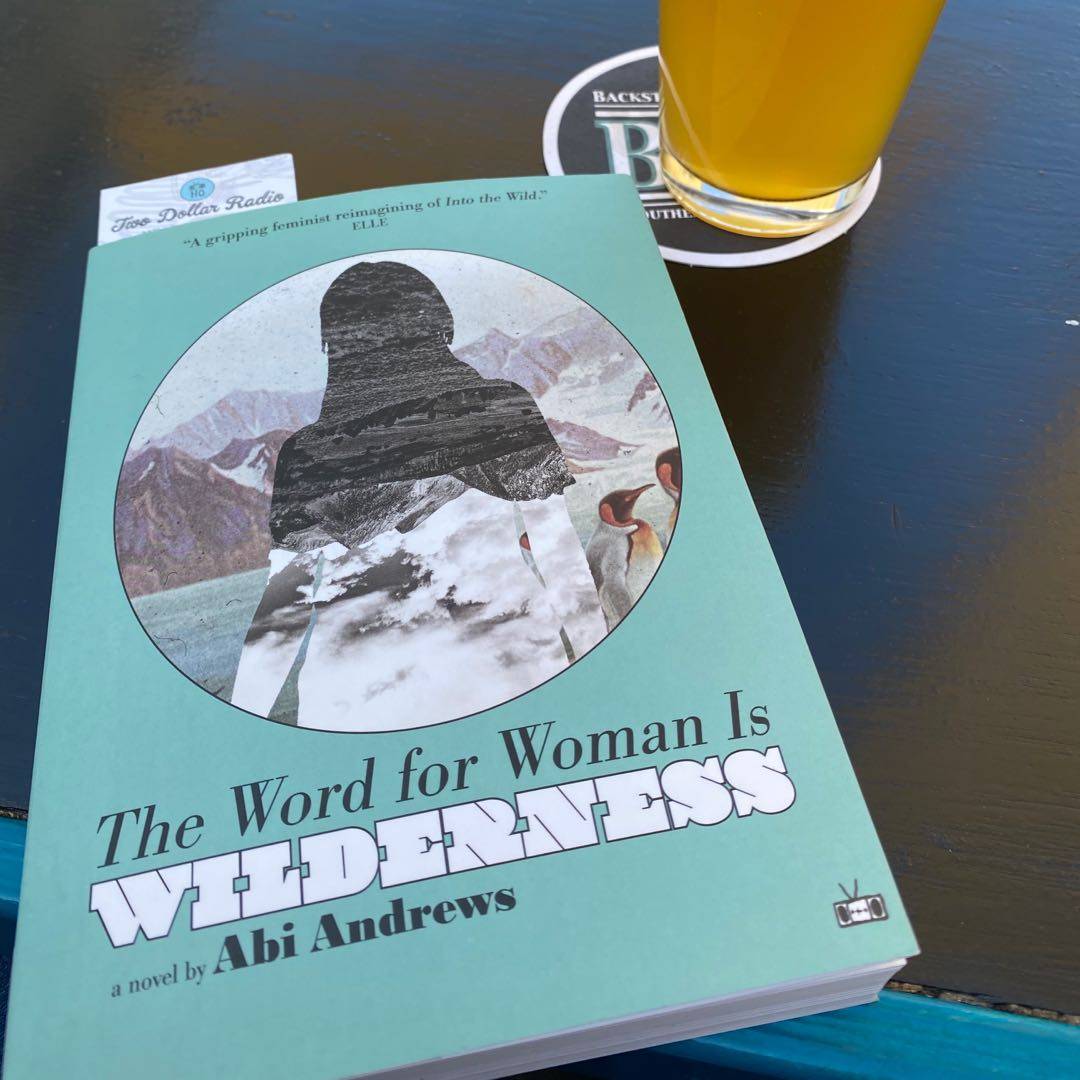


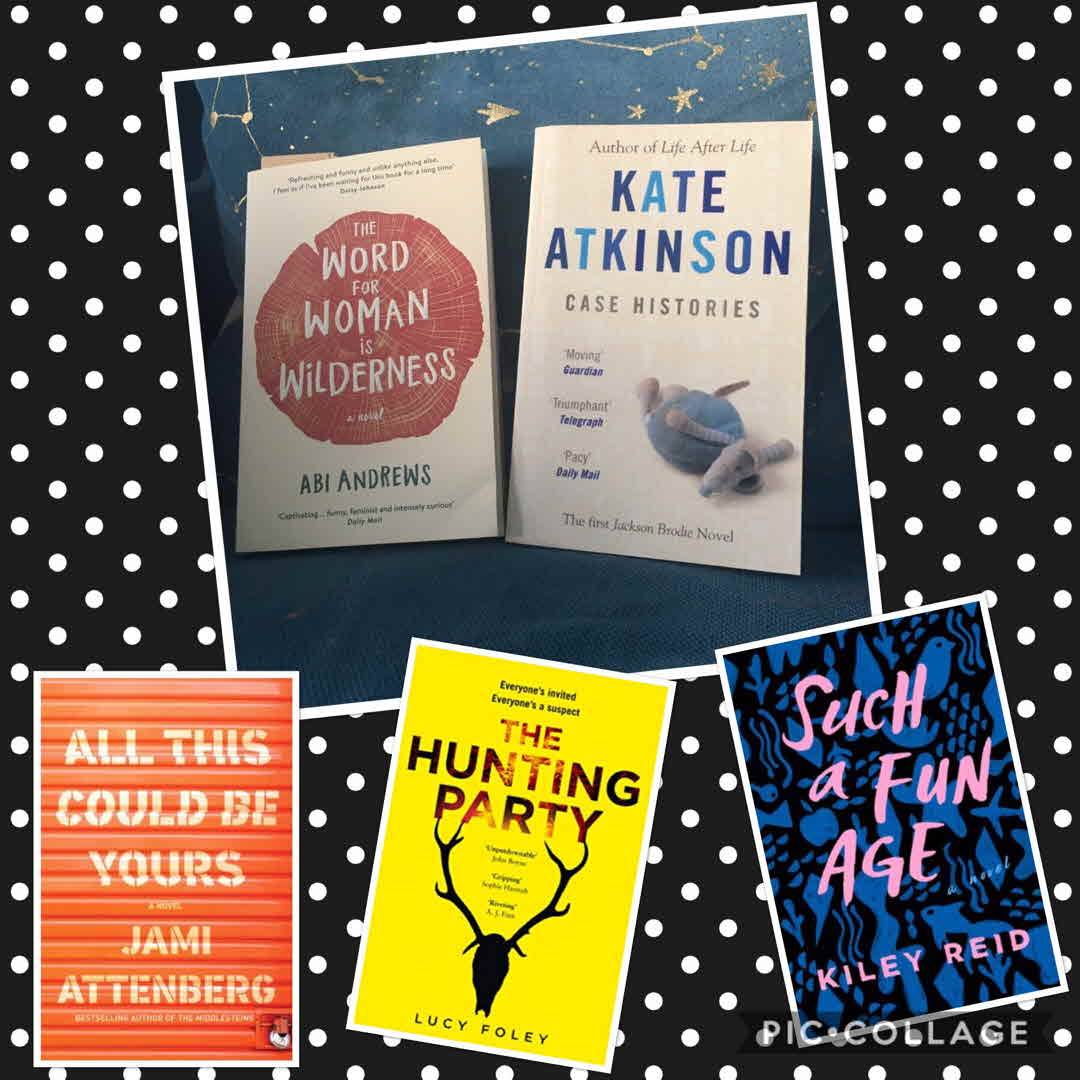
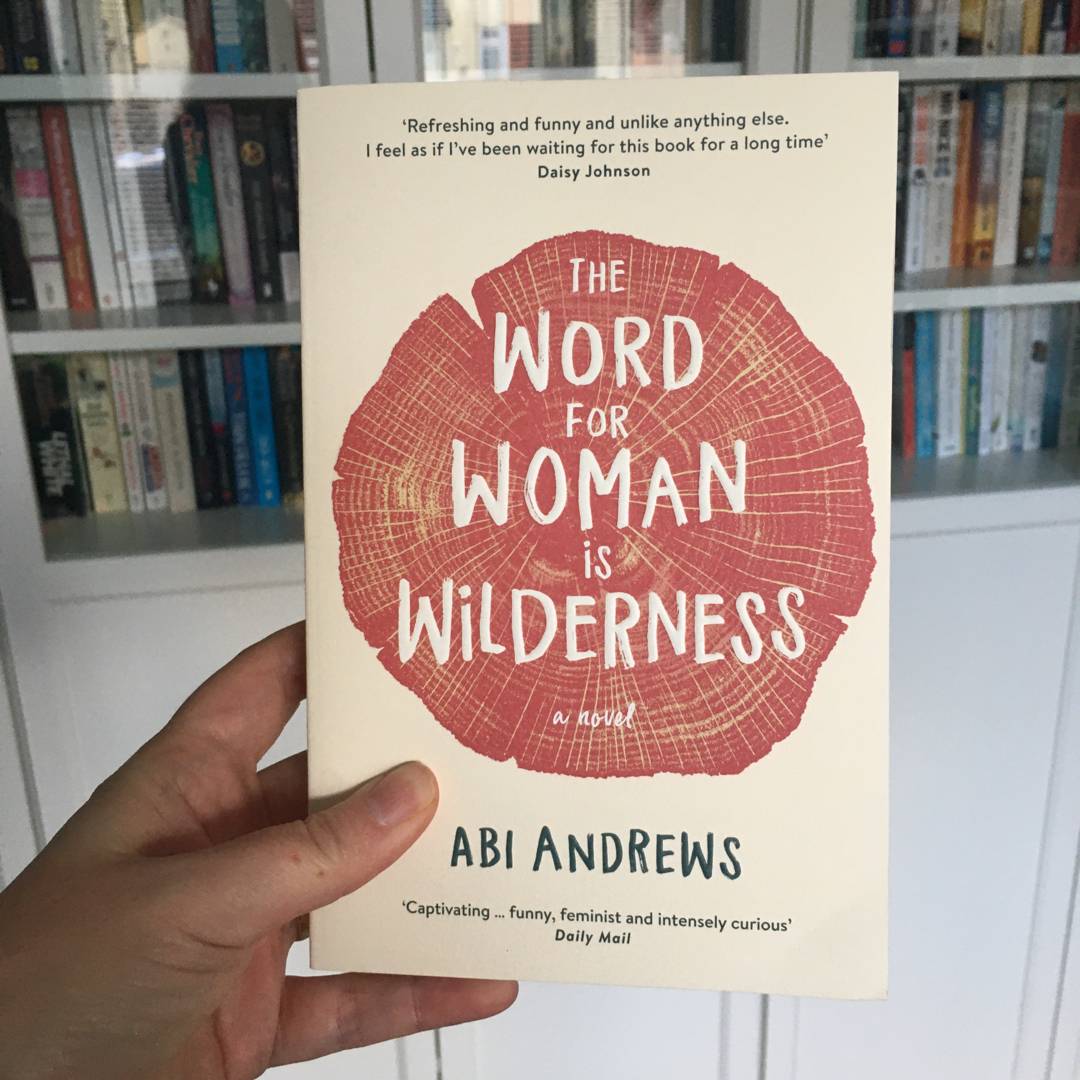
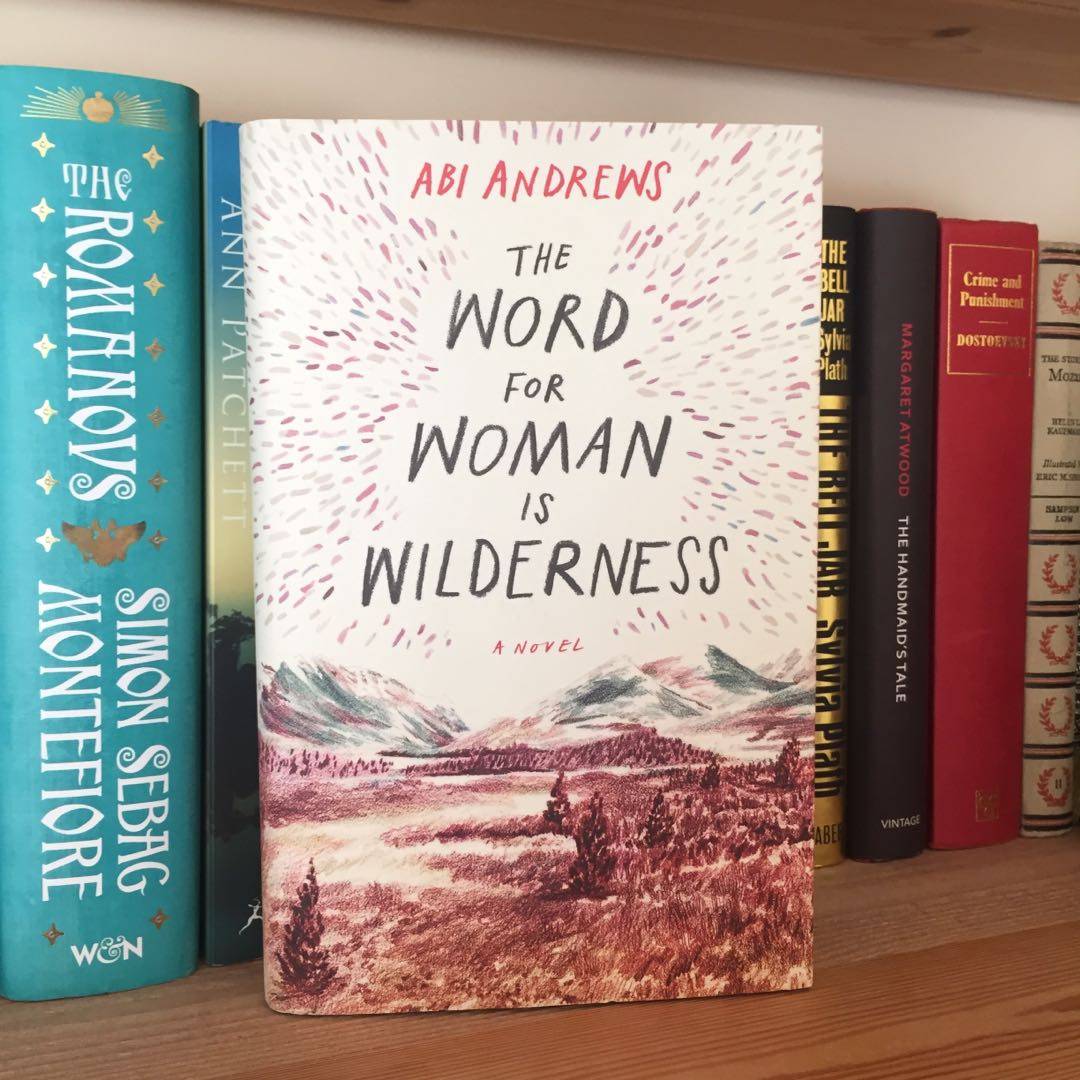

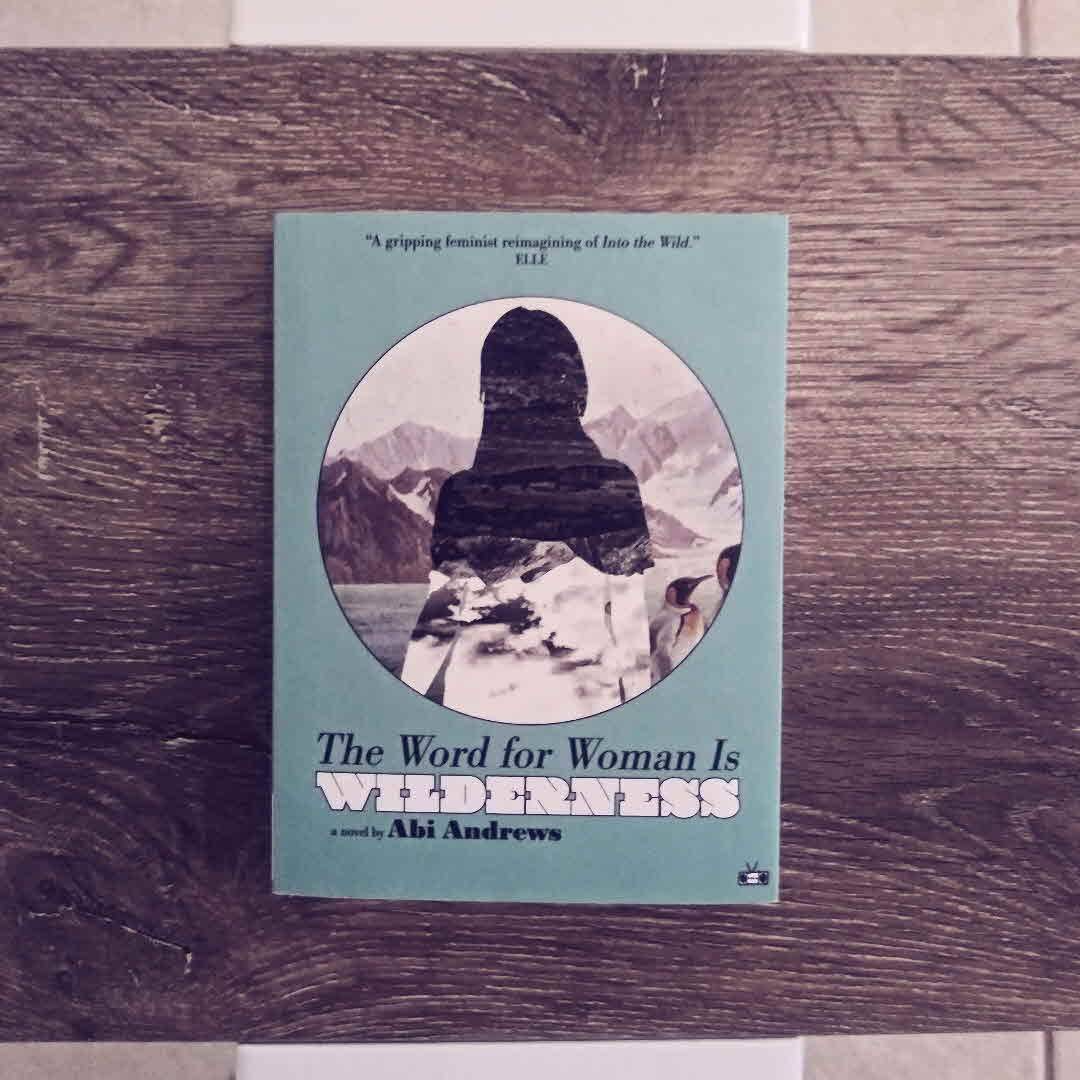


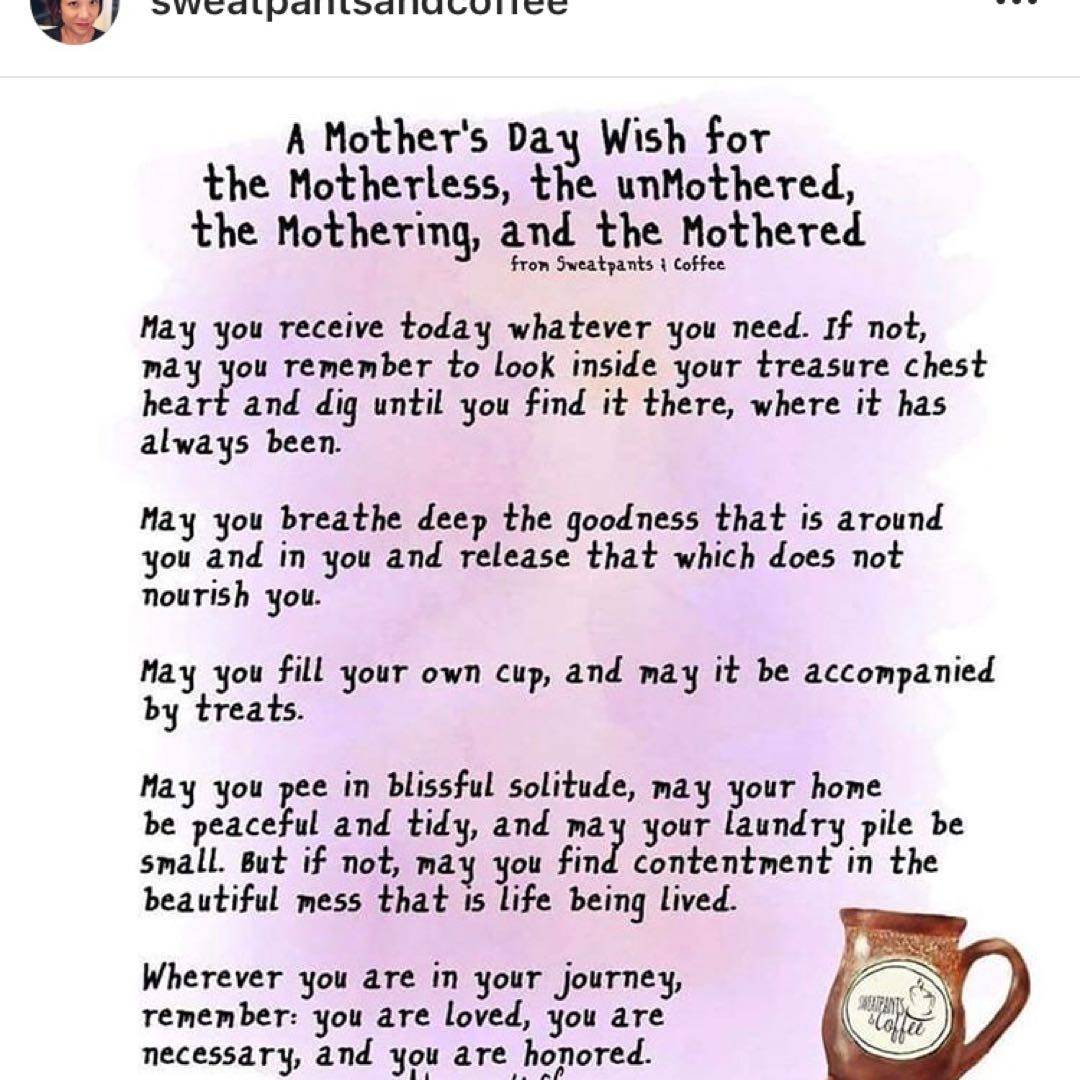

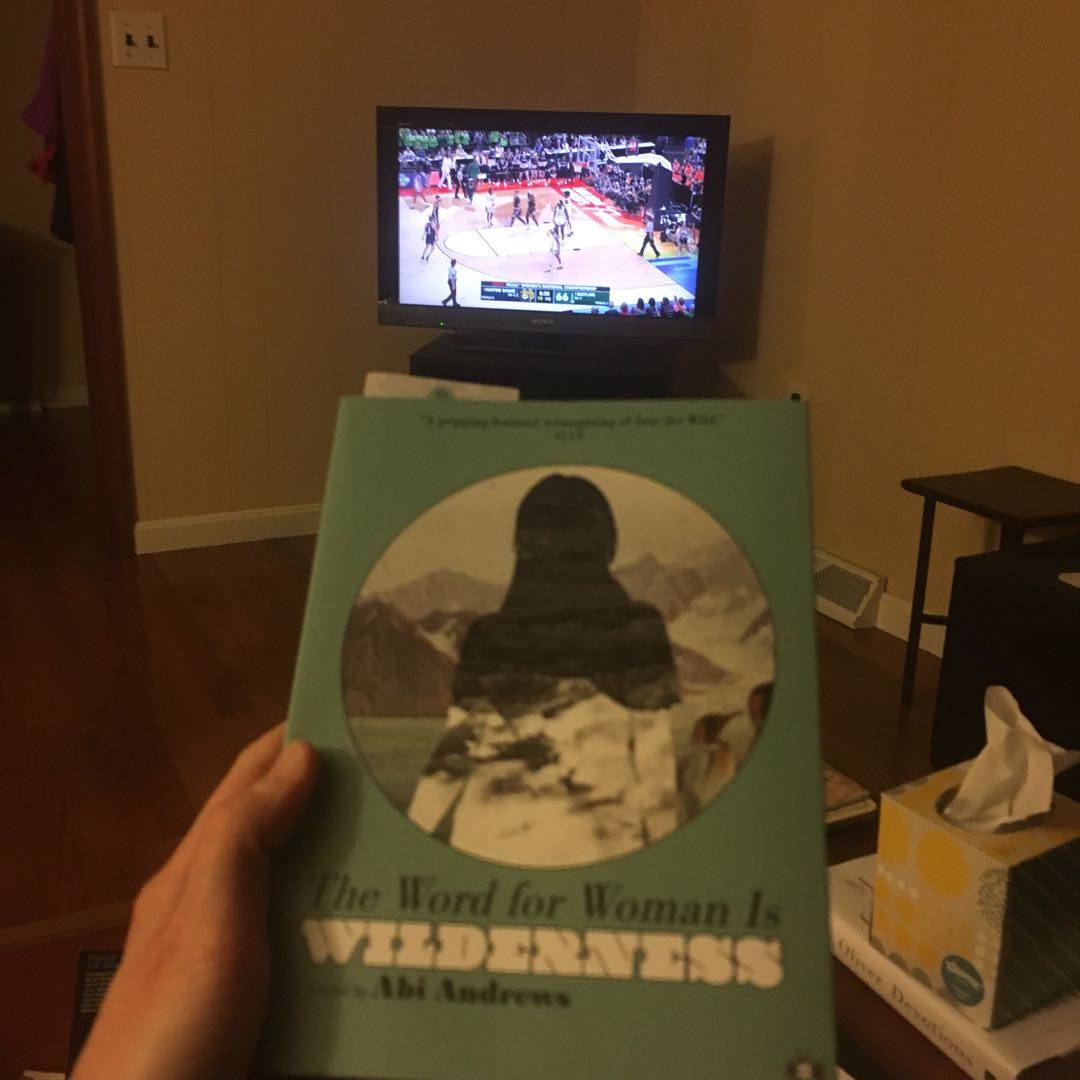

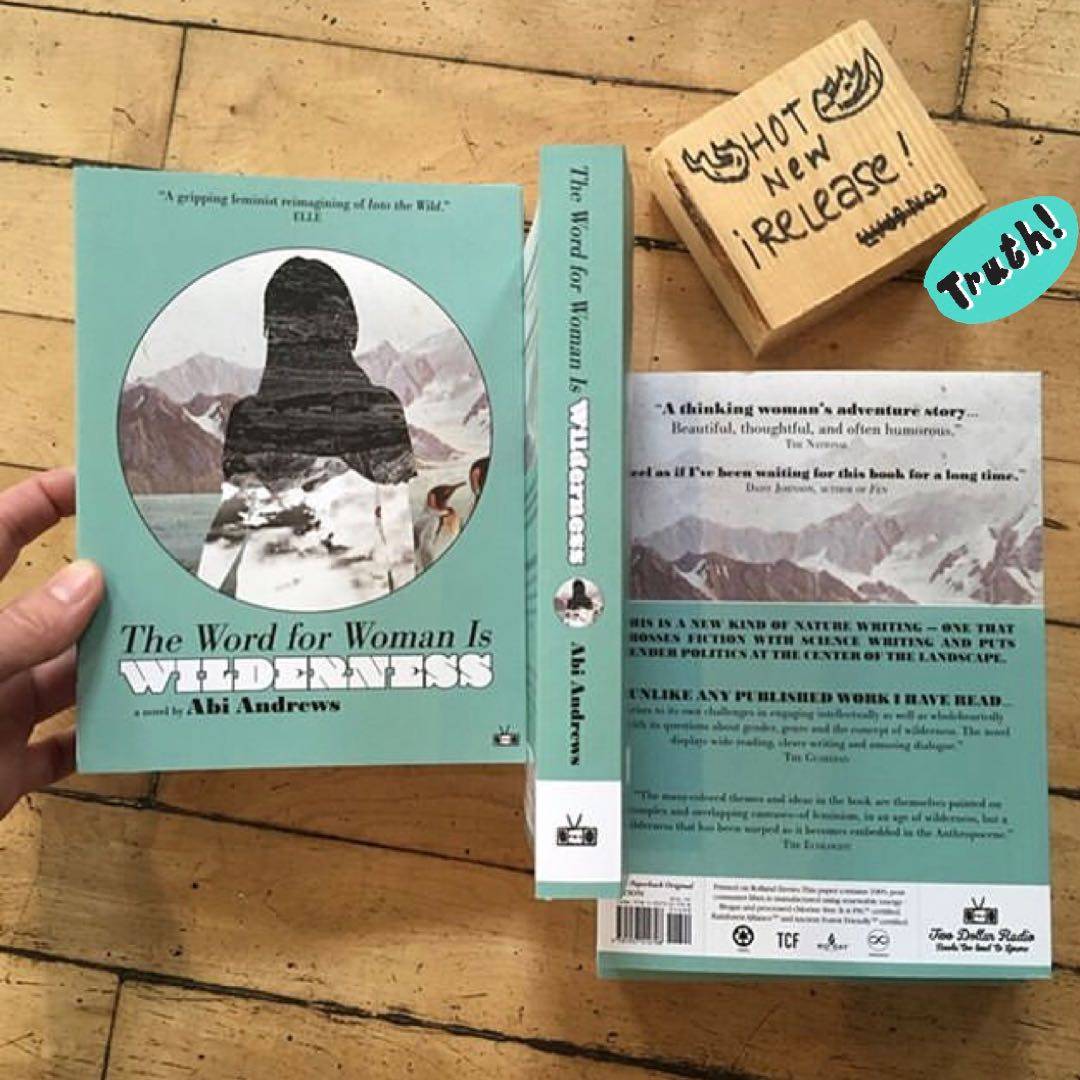
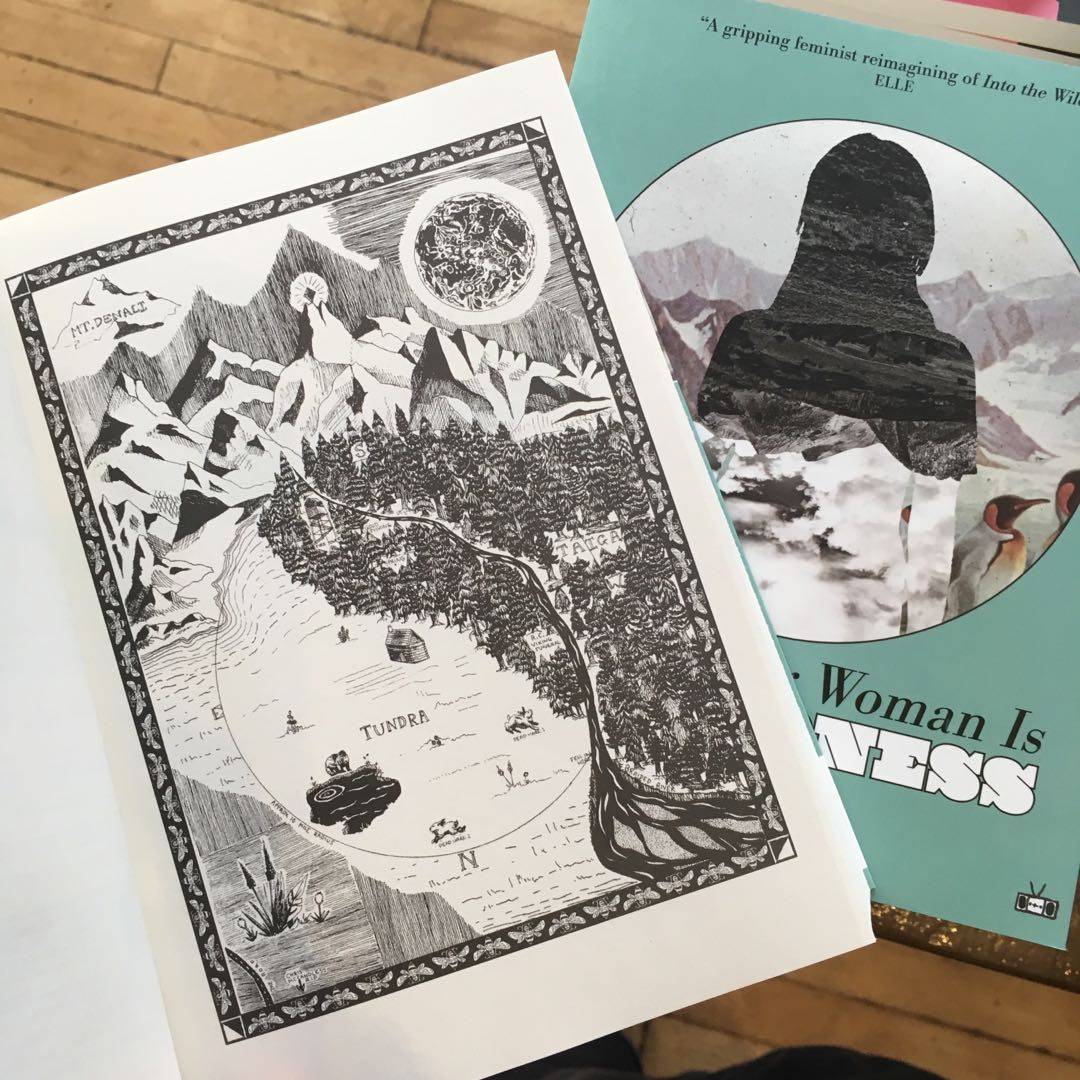

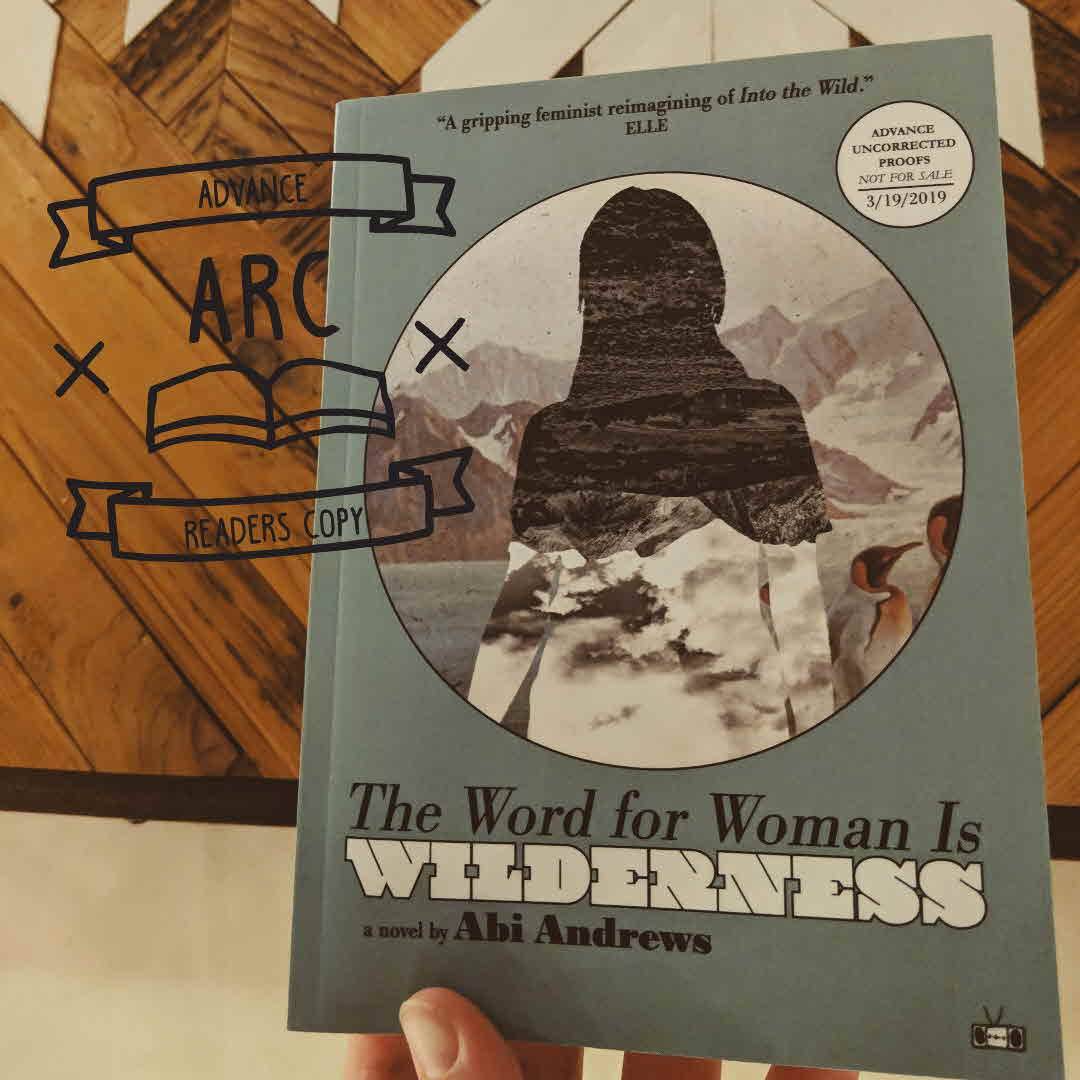

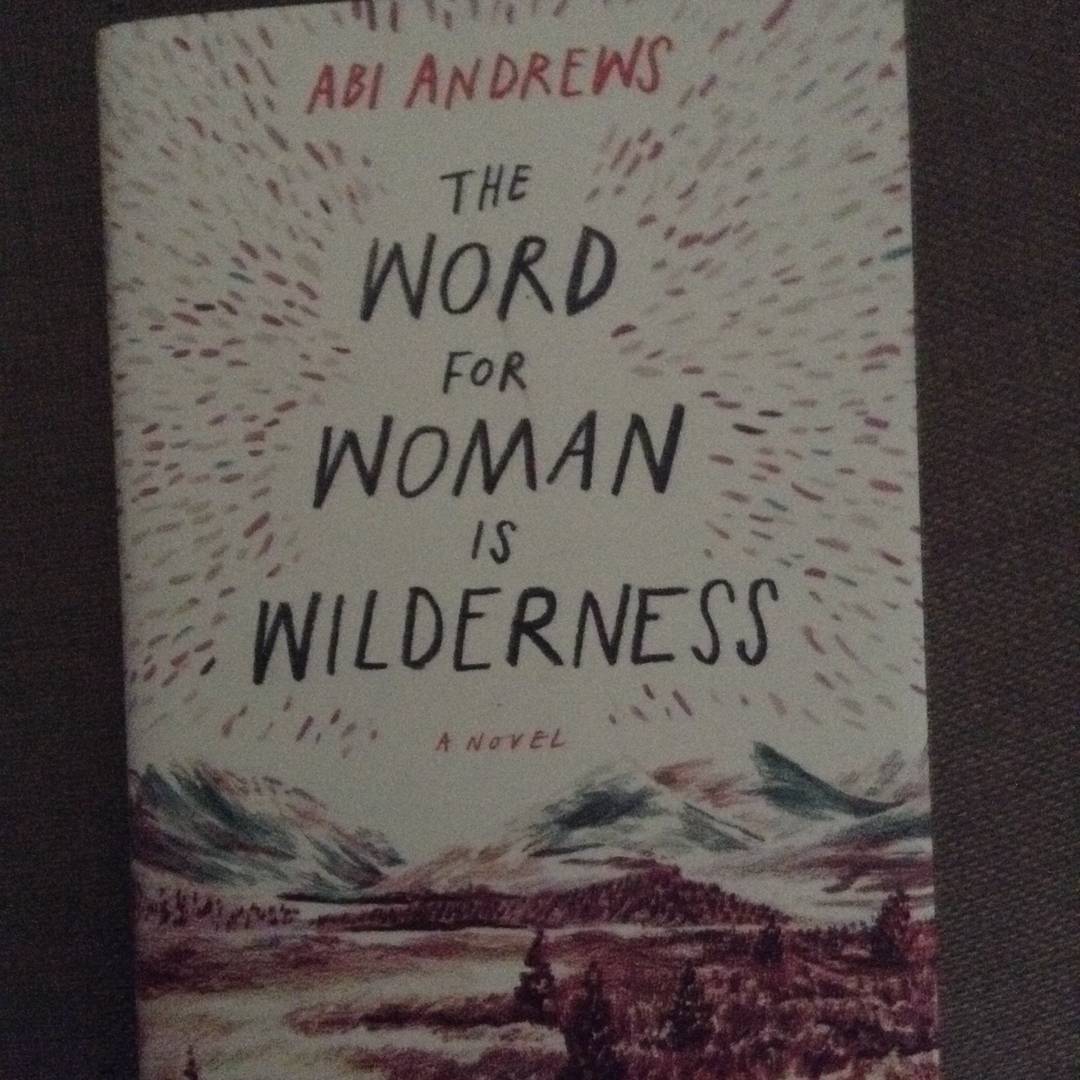

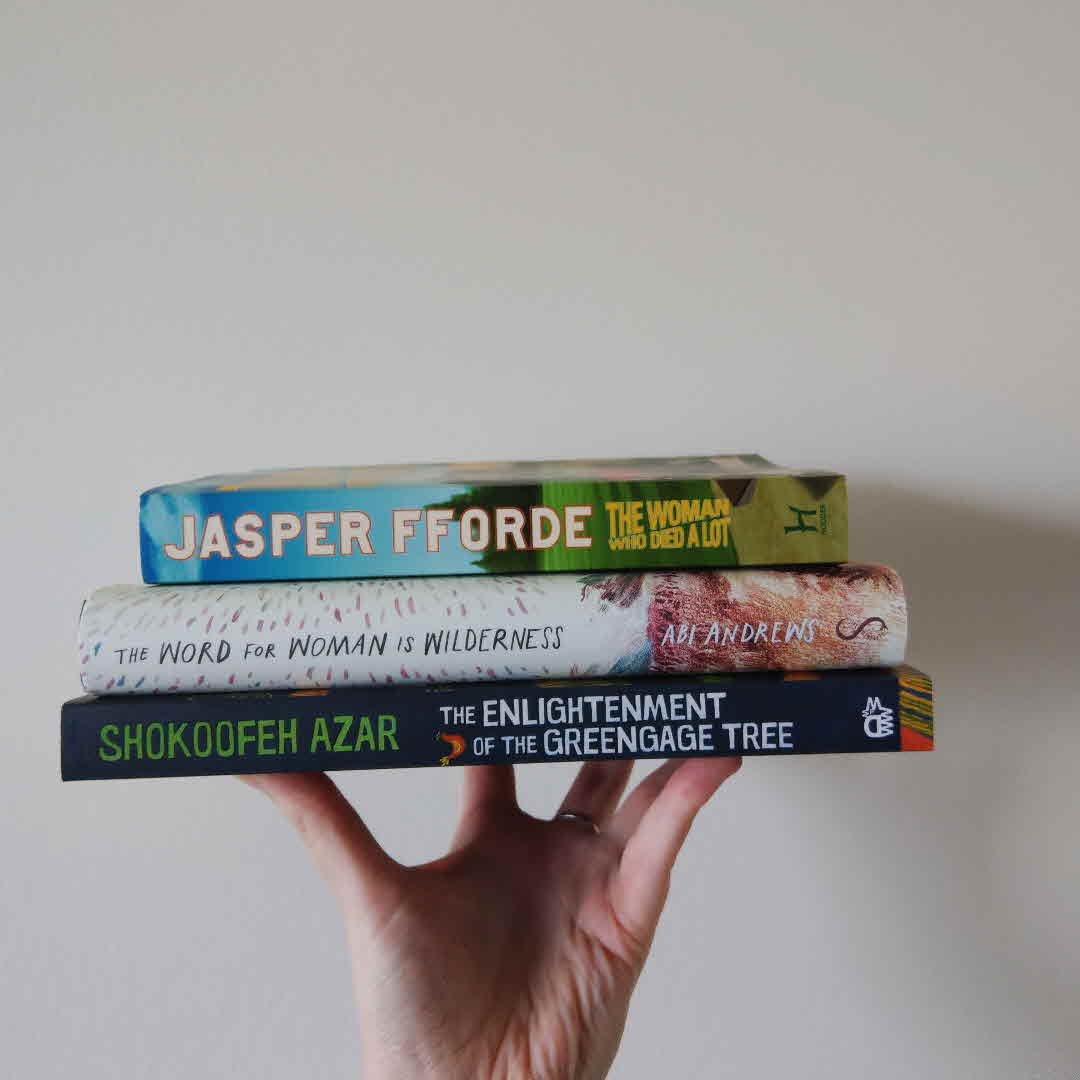
The idea of identities outside the gender binary are really only touched on in relation to the Indigenous Two Spirit sense, and then briefly, alongside acknowledging historically Indigenous matriarchies. I'm just left with a bad aftertaste of earlier waves of feminism, i.e. 'being a woman means this, this, and this, and men are historically trash' without much nuance added. It feels like near the end the author might be pushing beyond those boundaries, but it's a long time to spend reading over and over again this reaffirming of a pretty rigid dichotomy. 3/? 2y
One motion blurred black and white photo of vague scenery as seen from vehicle was enough, it didn't really act as further scene setting repeatedly interspersed in the text as the locations changed. 4/? 2y
Cognitive dissonance, the way it's written, feels like a memoir, but it IS a novel and makes me mistrust any facts delivered. What's real and what is fiction? Without footnotes citing sources, I have to hedge that it's all fake and that does take away from what I think the story was hoping to do. You could argue that there are all kinds of novels that don't bother to cite what might fall under the umbrella of 'common knowledge', but this writing goes in depth on a number of topics, scientific, historical and sociological, and it just feels like work not done that only some direct quotes are given credit in just two pages of acknowledgements (no other citations, list of sources in the book). 🤨 5/6 2y